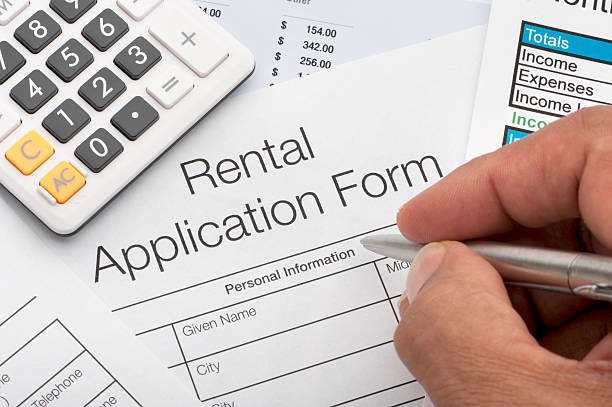Uncategorized
Re-Renting an Abandoned Rental Unit: Legal Steps and Key Considerations for Landlords
Landlords experiencing sudden tenant departures may face significant financial strain and abandonment issues. To avoid disputes, landlords should assess if their unit is legally abandoned before renting it out or contacting tenants. Failure to do so could lead to false eviction claims, penalties, or legal battles. Ignoring legal obligations can result in financial penalties and…
Read MoreKey Elements to Consider in Deciding Between Automated Property Management and Professional Firm
The choice between using automated property management tools or hiring professional firms depends on factors like rental property ownership complexity, owner involvement, and customized service. Automation streamlines tasks like rent collection and lease agreement creation, while professionals offer local market expertise, tenant relations experience, legal compliance, and emergencies. Understanding both sides’ advantages and disadvantages is…
Read MoreThe Function of Technology in Property Management: Is It Possible for Automation to Completely Replace Human Expertise?
Technology has transformed property management, simplifying tasks like rent collection, lease agreements, and maintenance coordination with digital platforms that streamline operations while decreasing costs and increasing efficiencies for property owners. Automation may be useful as an aid but should never take the place of professional management. Understanding its strengths and limitations in property management will…
Read MoreWhat Landlords Should Know Regarding State Licensing Requirements for Property Managers
State regulations vary in property management, with some requiring licenses and certificates and others allowing landlords to self-manage without certifications. Understanding licensing requirements is crucial for property owners to avoid legal complications and ensure compliance with local law, whether hiring professional management firms or managing rental portfolios independently. States require property management licensing for those…
Read MoreRecognizing the Effects on Landlords’ Finances and Legal Status
Landlords must differentiate between guests and tenants to effectively control their rental property, especially guests staying longer than agreed can cause legal and financial complications for landlords. Recognizing when guests become tenants can assist landlords enforce lease terms, protect rights, avoid disputes, and ensure financial success for both parties involved. The length of stay or…
Read MoreComparing Selling and Restructuring Debt from Rental Properties Before Filing for Bankruptcy
At times when landlords experience financial difficulty, their decisions to either sell or restructure rental properties can have serious ramifications on their future financial health and well-being. Before declaring bankruptcy it’s essential they assess all their options to find a suitable route forward. Understanding both restructuring vs selling options helps preserve financial health while minimising…
Read MoreHow Can Landlords Navigate Bankruptcy and Can They Maintain Ownership of Rental Properties?
Bankruptcy can be daunting for landowners, especially if their rental property is at stake. Understanding its consequences and ways to safeguard assets can provide vital relief. The outcome depends on several variables, such as bankruptcy type, debt structure, and any legal protections for property owners. Landlords who wish to declare bankruptcy under either Chapter 7…
Read MoreCo-signers and Guarantors’ Function in Rental Applications: Do They Facilitate or Complicate the Approval Process?
Renters often struggle to secure housing due to income gaps, credit ratings, and rental history that don’t match landlord requirements. Landlords may ask or insist on using cosigners/guarantors to strengthen applications and increase approval chances. However, this can cause delays due to additional paperwork, verification procedures, and risk evaluation. Understanding this impact helps tenants determine…
Read MoreRent Approval and the Role of AI for Modern Tenant Screening: Speed, Accuracy, and Fairness
The rental market has undergone a significant transformation, with technology playing a crucial role in streamlining tenant screening and approval procedures. Artificial Intelligence (AI) is revolutionizing this process, allowing landlords and property management companies to make better decisions using data gathered during traditional manual screening processes. This reduces wait times between landlords and tenants and…
Read MoreUnderstanding Rental Application Fees and Delays: What Tenants Need to Know Prior to Applying
Tenants often find the rental application process frustrating due to fees and unpredictable processing times, especially from landlords and property management companies. These fees cover administrative costs and background checks, but tenants are uncertain about their reasonableness and lack of approval. State and local laws vary on application fees, and understanding how these costs are…
Read More









